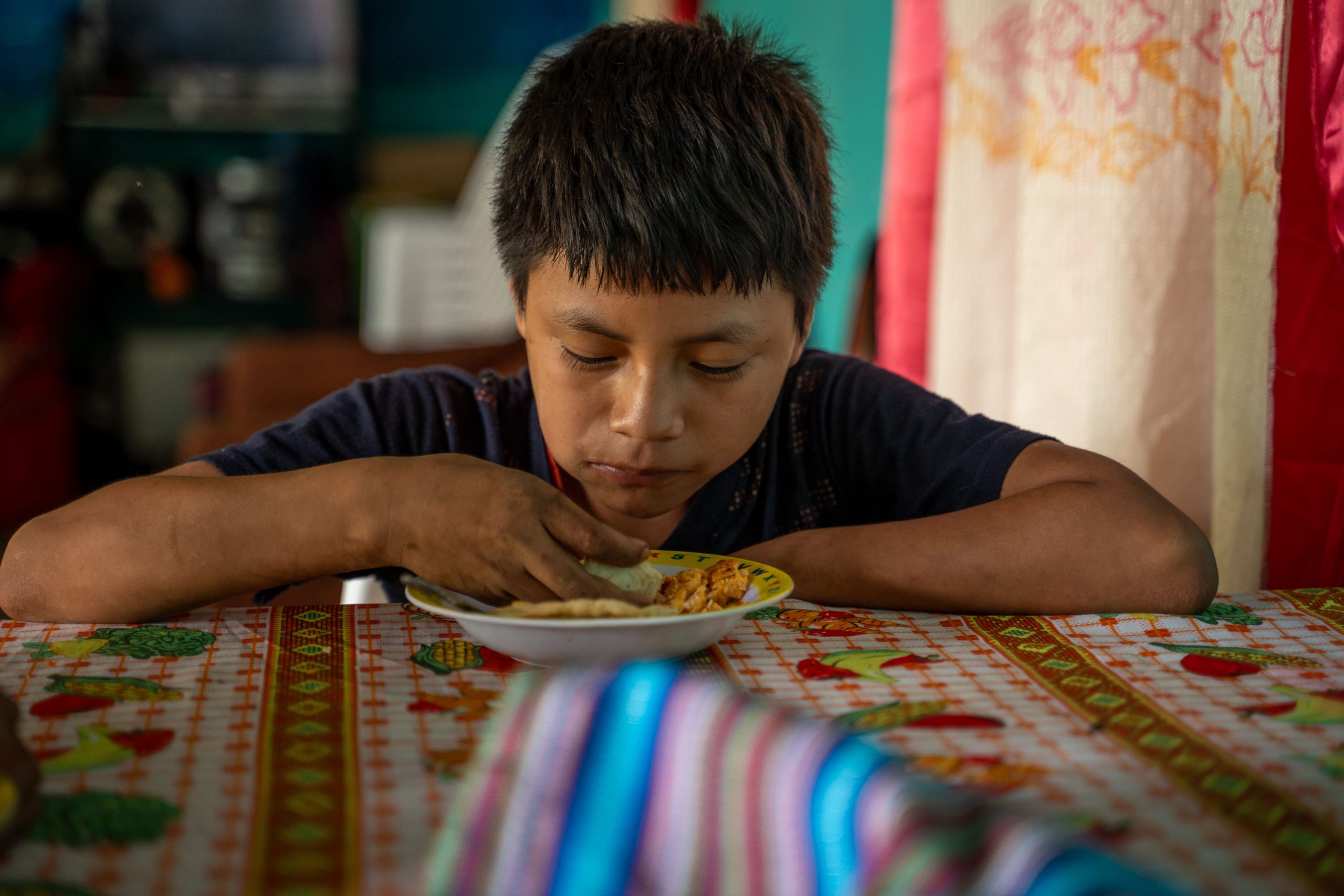
The results of the Nurture the Future project, an initiative to improve public policies aimed at food and nutrition security for school-age children in Latin America, were presented on 27 July at an online side event to the UN Food Systems Summit (UNFSS+4), held from 27 to 29 July in Addis Ababa, Ethiopia.
The project is being implemented by the WFP Centre of Excellence against Hunger in Brazil in partnership with the Brazilian Cooperation Agency (ABC) and the Ministries of Health of Brazil, Peru and Colombia and the World Food Programme (WFP).
Nurture the Future systematized the concept of synergistic determinants of malnutrition, which are interrelated factors such as poverty, food insecurity, gender inequality, educational barriers and limited access to health services and adequate food. These elements act together, aggravating the impacts of malnutrition, especially among vulnerable populations.
“The Nurture the Future project has shown that it is not enough to tackle malnutrition in isolation. It is necessary to address the various factors of malnutrition with integrated and intersectoral actions. This approach allows for concrete results in promoting healthier and more sustainable food systems,” said Daniel Balaban, director of the WFP Centre of Excellence against Hunger.
The Brazilian Cooperation Agency (ABC) also played a central role in coordinating between the countries involved, Brazil, Peru, and Colombia, promoting the exchange of experiences and strengthening South-South cooperation.
“South-South cooperation has been essential for exchanges aimed at improving public policies. By sharing solutions between countries with similar challenges, we have been able to make more effective progress in the fight against malnutrition,” said Rifat Iqbal, from ABC’s Trilateral Technical Cooperation with International Organizations department.
The event was attended by representatives from the Brazilian Ministry of Health, including Angela Leal, director of the Department of Health Promotion and Prevention, who shared experiences on public policies aimed at child nutrition, and Luiza Trabuco, special secretary for Combating Hunger and Poverty, who highlighted intersectoral strategies to address the challenges of malnutrition.
The debates were moderated by Saulo Ceolin, general coordinator of Food Security and Nutrition at the Brazilian Ministry of Foreign Affairs, who led the discussions with a focus on international cooperation and the advances promoted by the Nutrir o Futuro project.




